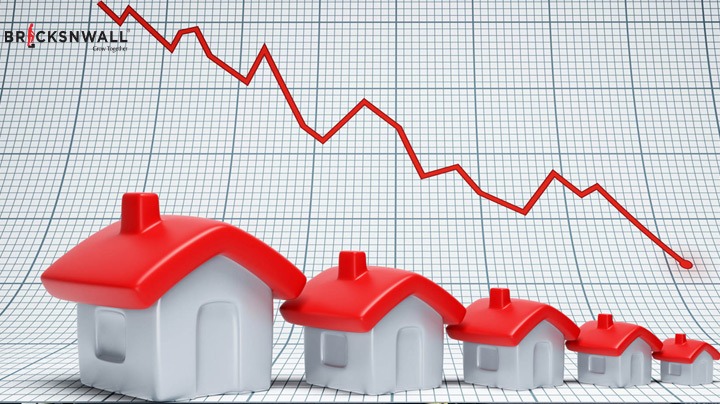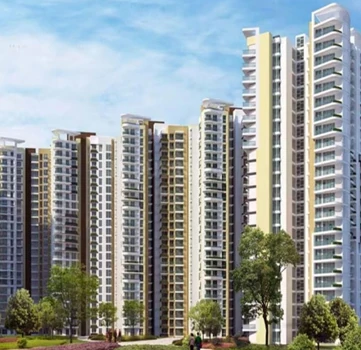Real estate market forecast
Bricksnwall Trusted Experts

The real
estate market is an integral part of any economy, reflecting both the financial
health of a nation and the aspirations of individuals and businesses. Over the
years, the real estate market has experienced fluctuations influenced by
various factors such as economic conditions, population growth, and changing
preferences. This article aims to provide a forecast for the real estate
market, taking into account the current trends and future projections.
Economic
Outlook
The global
economy plays a significant role in shaping the real estate market. As of the
present, the economic outlook appears promising, with many countries
experiencing recovery and growth after the disruptions caused by the COVID-19
pandemic. Government stimulus packages, low-interest rates, and increased
vaccination rates have contributed to economic stability and the revival of
several industries, including real estate.
Residential
Real Estate
The
residential real estate market is expected to witness steady growth in the
coming years. Demographic shifts, urbanization, and the increasing need for
housing are primary drivers. Millennials and Generation Z are entering the
housing market, creating a demand for affordable and sustainable housing
options. Additionally, remote work and flexible arrangements have led to a
re-evaluation of housing preferences, with a greater emphasis on home office
spaces and larger suburban properties.
Commercial
Real Estate
The
commercial real estate sector is anticipated to rebound as businesses recover
from the pandemic's impact. Office spaces are likely to undergo
transformations as hybrid work models become more prevalent. Companies may opt
for flexible lease terms and redesign offices to promote collaboration and
social distancing. Retail real estate, on the other hand, might experience
continued challenges due to the rise of e-commerce. Adaptive reuse of retail
spaces for other purposes, such as warehousing or entertainment venues, could
be a viable solution.
Sustainable
and Smart Real Estate
Sustainability
and technological advancements will continue to shape the real estate market.
Consumers are increasingly conscious of environmental impact, driving the
demand for eco-friendly and energy-efficient properties. Smart home technology,
including automated systems for security, energy management, and convenience,
will be integrated into new constructions and renovations. Properties that
embrace sustainable practices and smart technologies are likely to gain a
competitive edge in the market.
Real
Estate Investment
Real estate
investment is expected to remain an attractive option for individuals and
institutions seeking stable returns. Low-interest rates and the potential for
property value appreciation make real estate an appealing asset class. However,
investors need to conduct thorough market research and due diligence to
identify emerging trends and assess potential risks accurately. Diversification
across different property types and locations will be crucial to manage risk effectively.
Conclusion
The real estate market is poised for growth and adaptation in the coming years. The residential sector will witness increased demand driven by changing demographics and shifting preferences, while commercial real estate will undergo transformations in response to evolving work patterns. Sustainability and smart technologies will shape the future of the real estate market, with consumers prioritizing eco-friendly and technologically advanced properties. Investors should remain vigilant, closely monitoring market conditions and leveraging opportunities that align with their investment goals. As the global economy continues to recover, the real estate market is expected to play a crucial role in fostering economic growth and meeting the evolving needs of individuals and businesses alike.




